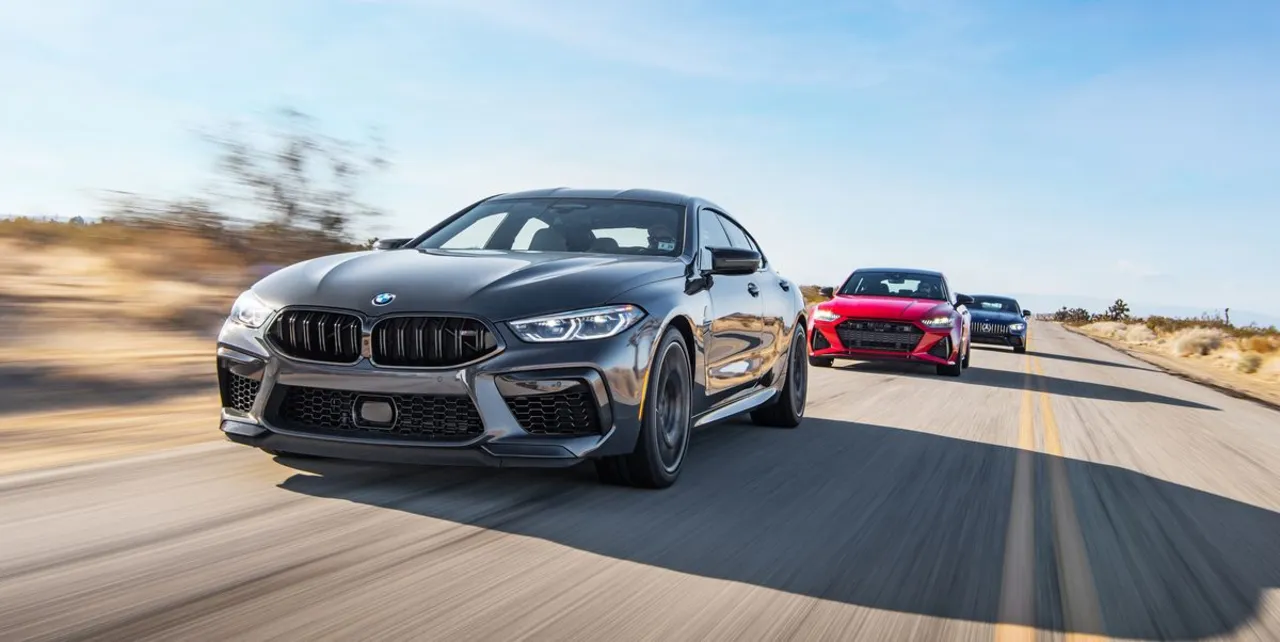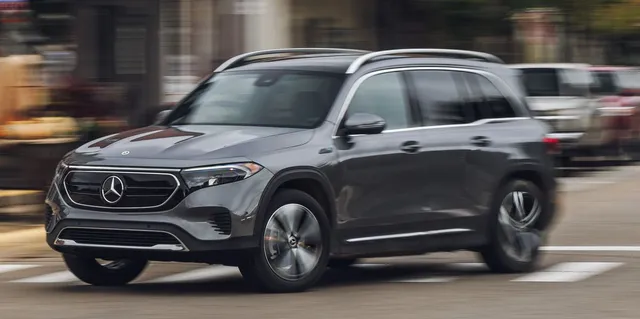The Glory Days of Mercedes-Benz
Mercedes-Benz was once the epitome of luxury and performance in the automotive world. They were known for their top-of-the-line engineering, sleek designs, and innovative technology. In the 20th century, the brand was synonymous with prestige and sophistication, and owning a Mercedes-Benz was a symbol of success and wealth.
However, in recent years, this once-untouchable car manufacturer seems to have lost its edge. Let's take a closer look at the factors that have contributed to this decline and explore how Mercedes-Benz can potentially regain its former glory.
Increasing Competition in the Luxury Market
One of the primary reasons Mercedes-Benz has struggled to maintain its dominance is the growing competition in the luxury car market. Brands like Audi, BMW, and Lexus have upped their game, offering vehicles that rival the quality and performance of Mercedes-Benz models. This increased competition has forced Mercedes-Benz to continuously innovate and improve its products, but it has also led to a dilution of the brand's once-unique appeal.
Furthermore, the rise of electric vehicle manufacturers like Tesla has disrupted the luxury car market. Tesla's sleek, eco-friendly designs have attracted a new generation of car buyers who value sustainability in addition to luxury. This has put pressure on Mercedes-Benz to adapt and develop electric vehicles that can compete with Tesla's offerings.
Quality Control Issues
Mercedes-Benz has long been known for its exceptional build quality and attention to detail. However, in recent years, the brand has faced criticism for a decline in the quality of its vehicles. Consumer complaints about mechanical and electrical issues have tarnished the brand's reputation for reliability and dependability.
These quality control issues have not only hurt the brand's image, but they have also translated into higher warranty costs for the company. As a result, Mercedes-Benz has been forced to invest more resources into resolving these issues, which has diverted attention from other areas, such as innovation and design.
Stagnant Design Language
Another factor that has contributed to Mercedes-Benz losing its edge is the brand's somewhat stagnant design language. While competitors like Audi and BMW have continued to evolve and refresh their vehicle designs, Mercedes-Benz has been slow to adapt to changing consumer preferences.
The result is that many of the brand's models now appear dated and lack the visual appeal that once set them apart from the competition. To regain its edge, Mercedes-Benz must invest in bold, innovative designs that will reestablish the brand as a leader in the luxury car market.
Overemphasis on Cost Cutting
In response to the challenges it has faced, Mercedes-Benz has made a concerted effort to cut costs and streamline operations. While this approach may have helped to improve the company's bottom line, it has also led to compromises in the quality and craftsmanship of its vehicles.
For example, some recent Mercedes-Benz models have been criticized for using lower-quality materials in their interiors, resulting in a less refined driving experience. To regain its edge, Mercedes-Benz must strike a balance between cost efficiency and the pursuit of excellence in design and engineering.
The Challenge of Expanding into New Markets
As the luxury car market has become increasingly crowded, Mercedes-Benz has sought to diversify its product offerings and expand into new markets. While this strategy has helped to increase sales, it has also led to a dilution of the brand's identity.
By trying to be all things to all people, Mercedes-Benz has lost some of the exclusive appeal that once defined its products. To regain its edge, the brand must refocus on its core strengths and develop a more coherent product portfolio.
Falling Behind in Technology and Innovation
One of the hallmarks of Mercedes-Benz has always been its commitment to cutting-edge technology and groundbreaking innovation. However, in recent years, the brand has fallen behind competitors like Tesla and Audi when it comes to electric vehicle technology and autonomous driving features.
To regain its edge, Mercedes-Benz must invest heavily in research and development and prioritize the development of advanced technologies that will set its vehicles apart from the competition.
Conclusion: The Road to Recovery
In conclusion, it's clear that Mercedes-Benz has lost some of its edge in the luxury car market. However, this doesn't mean that the brand is doomed to mediocrity. By addressing the issues outlined in this article and refocusing on its core strengths, Mercedes-Benz has the potential to regain its position as a leader in the automotive industry.
Ultimately, the road to recovery for Mercedes-Benz will require a combination of bold innovation, a renewed commitment to quality and craftsmanship, and a willingness to adapt to the changing needs and preferences of today's car buyers.


